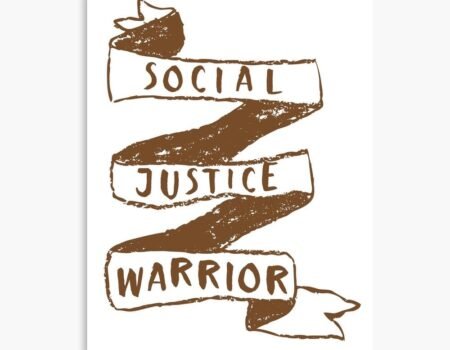Social movements have played a crucial role in driving social change, both in the United States and other nations. In contrast, governments and other opponents often strive to impede the operations of these groups (Sovacool & Dunlap, 2022). To have an understanding of the process and causes for social change, it is essential to grasp the origins of movements, the elements that influence their outcomes, and the potential impact they may have. A social movement refers to a structured endeavor undertaken by a substantial number of individuals to promote or impede social, political, economic, or cultural change. This endeavor may be seen as a societal phenomenon. When social movements are characterized in this way, they may seem to resemble special interest groups, and there are indeed some parallels between these two sorts of organizations. The contrast between social movements and special interest groups lies in their actions.
Let’s Discuss
Considering the dynamic interplay between social movements and governmental or oppositional forces, what are the key factors that contribute to the success or hindrance of social movements in achieving their objectives?
Reference
Sovacool, B. K., & Dunlap, A. (2022). Anarchy, war, or revolt? Radical perspectives for climate protection, insurgency and civil disobedience in a low-carbon era. Energy Research & Social Science, 86, 102416.










No Comment! Be the first one.